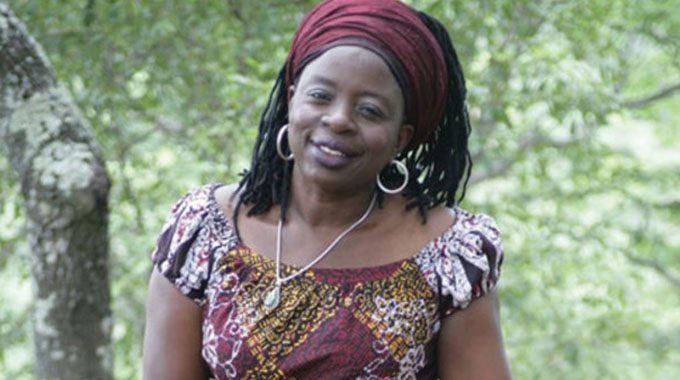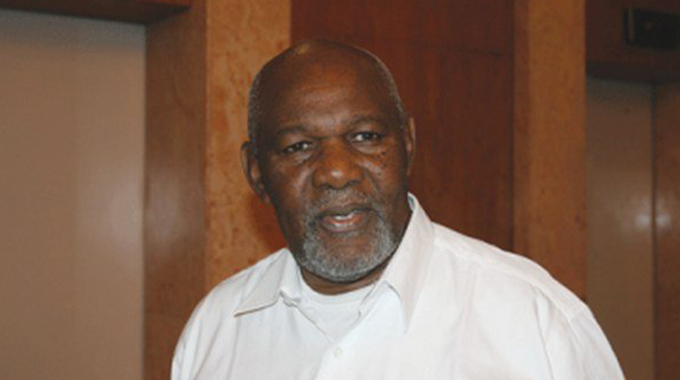EDITORIAL COMMENT:Food aid for urban poor vital

There is a traditional yet very misleading and dangerous belief that people who live in urban areas have enough resources to fend for themselves all the time and that aid in its various facets is only necessary for rural dwellers.
As such, basically all social protection programmes, among them food aid, food for work activities, and free health services have tended to be framed with rural communities in mind. That is why in times of drought, for example, non-governmental organisations stampede to distribute aid to people in villages. It is believed that those in urban areas are supposed to be able to overcome any social shocks that they might face simply because they live in a town or city while villagers are supposed to be too socially vulnerable to overcome the shocks alone.
This narrative has been found to be wrong as social vulnerability is, because of a range of factors, on the rise in urban areas, in some cases, with greater severity than in the countryside. Unemployment is rising in towns as companies shut down or scale down operations amid the prevailing economic challenges. Even for some who have jobs, their wages are so small that they aren’t enough for them to lead decent lives.
Also, the cost of living in towns and cities is often higher than in rural areas since urbanites need to pay monthly rentals and buy food given that there is hardly enough space for them to grow it.
In addition, they need to pay for transport to and from work and so on.
On the other hand, rural people generally spend less in looking after themselves. They grow their own maize, vegetables and have the space to rear goats, cattle and chickens. They also don’t have the obligation to pay monthly rentals.
The Government has realised that emerging reality; a reality that not every person who lives in Harare or Bulawayo is able to buy their own food, pay for transport and meet all other obligations for a fulfilling existence.
“We have also started to identify people who are really hungry in urban areas. That is not an easy task,” Public Service, Labour and Social Welfare Minister Dr Sekai Nzenza told our sister paper, The Sunday Mail.
“Our aim as a ministry is to reach everyone who is hungry, it requires systems and capacities. We have started in Chitungwiza this (last) week. In Bulawayo, we started about six weeks ago and we stopped for two weeks to ensure we get to the most vulnerable people.”
She observed that food aid distribution started off on a slow note in Harare and Bulawayo, likely because of teething problems associated with any new programme, but would be quickened in the next few weeks.
“The social protection strategy of the Government is a multifaceted package and includes food distribution to vulnerable groups in rural and urban areas, higher budget support for basic education and health services and subsidised transportation by Zupco, inter alia,” said Finance and Economic Development Minister, Professor Mthuli Ncube.
“Development partners are also involved in social protection programmes involving food distribution and cash transfers. The social protection package will go a long way in ameliorating the negative impact of the drought, climate change (Cyclone Idai) and inflationary pressures.”
The resource poor in towns and cities must be delighted that the Government has ditched the traditional assumption that urbanites cannot lack food and introduced more inclusive social safety nets to cover them. Because of this old assumption, some urban residents have been suffering alone, in silence with nowhere to turn for succor. Indeed, research is showing that nutrient deficiency is a growing challenge not only in local urban areas but elsewhere across the globe. This has come about because of greater poverty caused by unemployment, low wages, break-up of families, widowhood, deaths of breadwinners and so on.
A family which must pay rentals, transport, and school fees and buy food from a monthly income of $300 is surely poor; probably as poor as a rural family that earns $150 monthly. That family cannot function sufficiently in our economy with the high prices of basics that we are witnessing. Thus, such a family will need some form of food aid. The Aids epidemic has spawned a multitude of child-headed families. Bereft of their breadwinning father and supportive mother, many children cannot be expected to muster enough resources to pay school fees or buy enough food for themselves. The same applies to a grandmother who is left to care for her grandchildren after their parents — her children — die because of HIV and Aids. The same applies to a couple which is unemployed and terminally unwell.
We expect the teething challenges being experienced in Harare and Bulawayo to be addressed as soon as possible for those in need of food aid to access it in the cities. The coverage of the handouts has to be extended to other towns and cities countrywide as the need in Harare, Bulawayo and Chitungwiza is no different from the need in Gweru, Masvingo or Mutare.
Food aid must, therefore, be a new, permanent reality in all places where and when there is need for it, urban or rural.










Comments